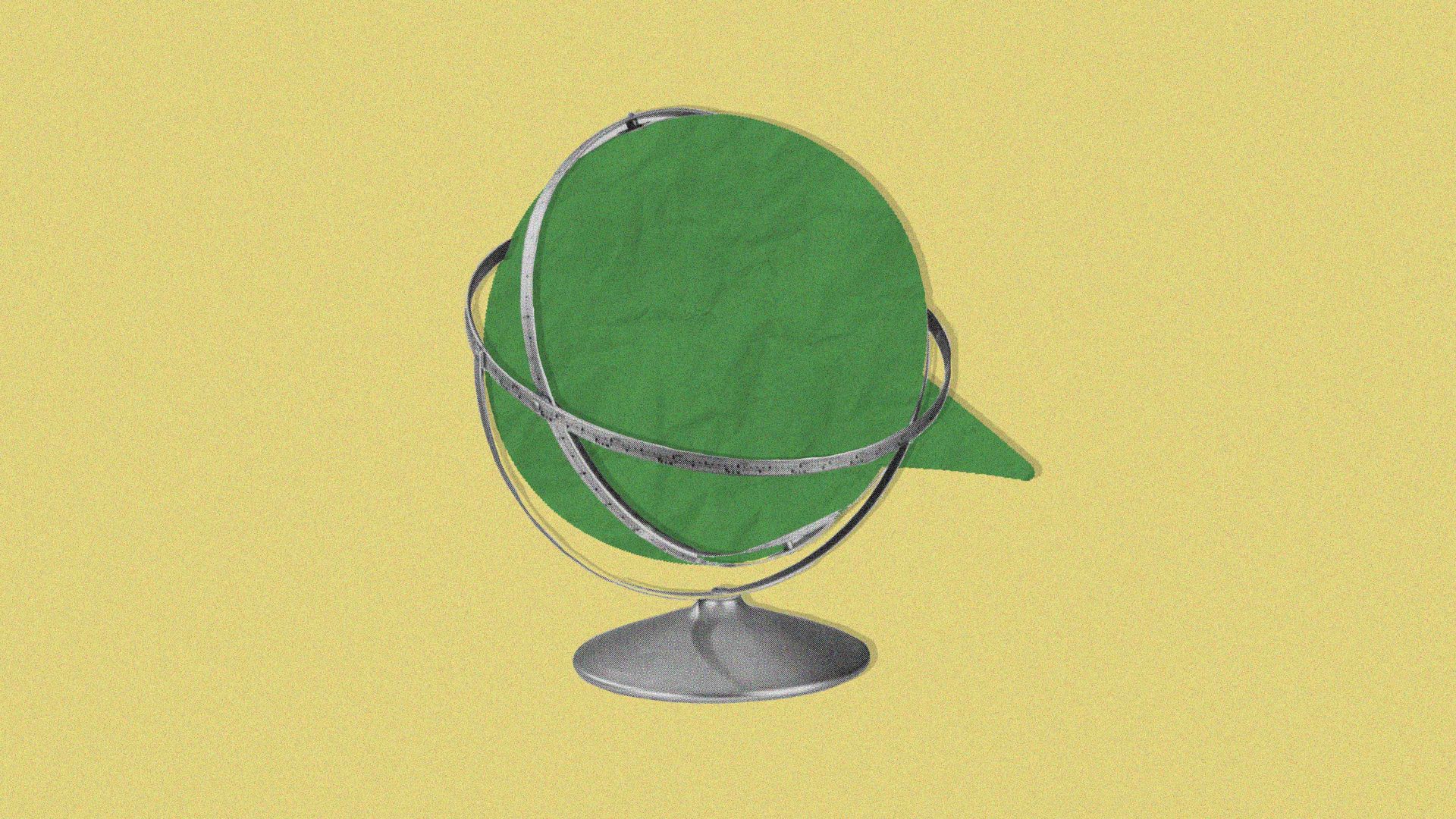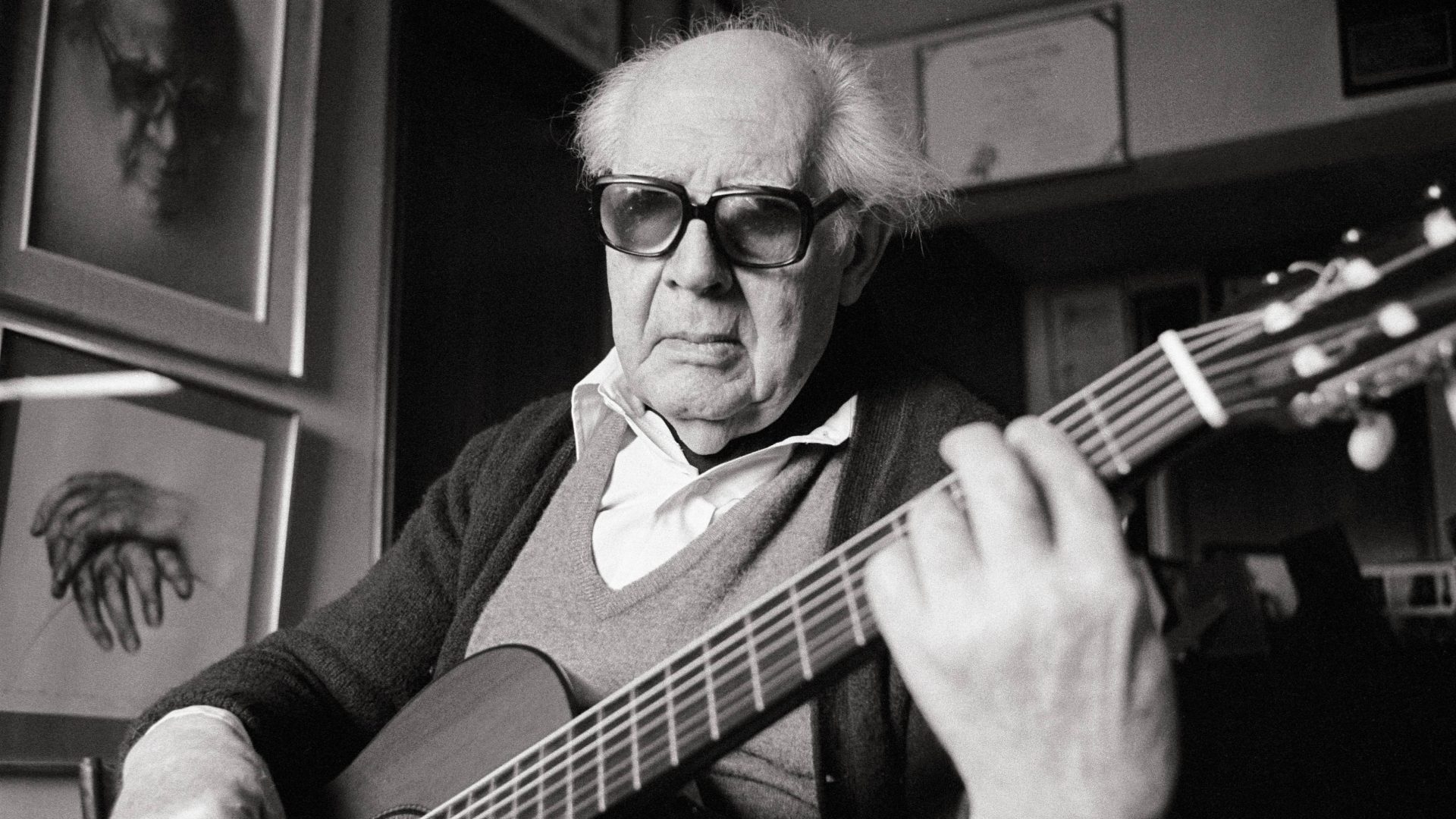You would think that linguistic scientists, being the experts on language that we are, would be able to answer a simple question such as: “How old is human language?”
But what do we actually know about how long it has been since human beings first acquired the unique human capacity for language? And in case there is any doubt, language really is a unique human capacity.
Of course, it is true that large numbers of different animal species – bees, ants, dolphins, etc – are capable of communicating in various ways with each other, and even with us. No doubt your own dog is brilliantly clever at communicating with you, and informing you that it is hungry or wants to go out.
But human language systems are very different. They enable us to talk about things and people that are not present, or events which have already happened or not yet happened, and indeed which may never happen.
Human languages are also capable of creating and using highly complex grammatical structures in a way that non-humans cannot. The famous chimpanzee Nim Chimpsky was (perhaps – the whole project was highly controversial) trained to communicate using sign language (chimpanzees do not have the vocal tract structure to be able to speak as such). But after years of training, he could achieve nothing more complex than a sequence of signs which could be rendered as “give orange me give eat orange me eat orange give me eat orange give me you”.
Many prominent linguists have tried to address the “how long?” question. In 2008, Professor Anatoly Liberman at the University of Minnesota argued for a date in the Upper Palaeolithic era – so around 50,000 BC – as the starting point for a fully developed human linguistic capacity.
In 1997, Professor Bob Dixon at James Cook University in Queensland suggested 100,000 years as a possibility for the age of human language. In 2009, Professor Nick Evans at the Australian National University reckoned that human language dated back to “long before” 150,000 years ago. In 1997, Professor Bill Foley of Columbia University, New York, wrote that language as we know it developed about 200,000 years ago.
An even more dramatic claim was made in 2013. Professor Dan Dediu from Barcelona and Professor Stephen Levinson from Nijmegen suggested that there was evidence to indicate that Neanderthals quite possibly had language. Their brains seem to have been large enough, and their vocal tracts were probably sufficiently well developed for speech to be possible, in which case it might even be 500,000 years since language developed.
So there we have it – the world’s most prominent linguistics experts are totally agreed that human language is somewhere between 50,000 and 500,000 years old. Not very impressive, I agree. And this question is an important one because it was not until we acquired language that we became fully human.
Another difficulty in arriving at a start-date for human language is that language obviously did not begin suddenly at, say, 2pm on a particular Tuesday afternoon. It must have developed gradually.
Professor Bernard Comrie has written an important paper called Before complexity, in which he supposes that there must have been an earlier language state which was very different from modern languages in that it was less complex than those we are familiar with today. All modern languages today are highly complex, and linguistic experts are agreed that there is no such thing as a “primitive” language.
But at some time in the extremely distant past there must have been a language or languages which were less complex.




